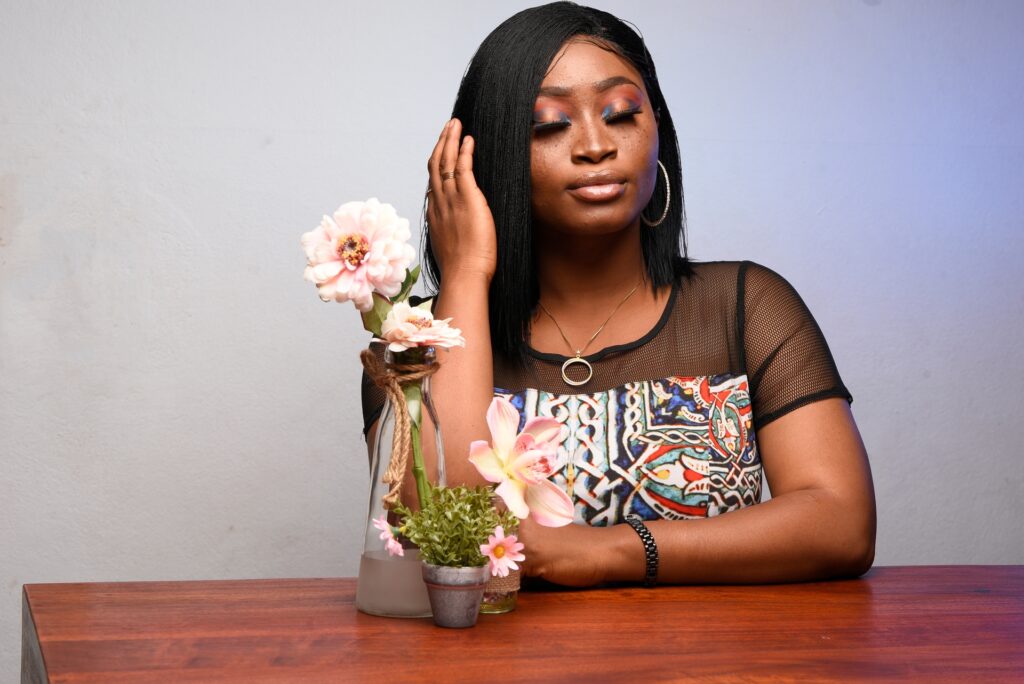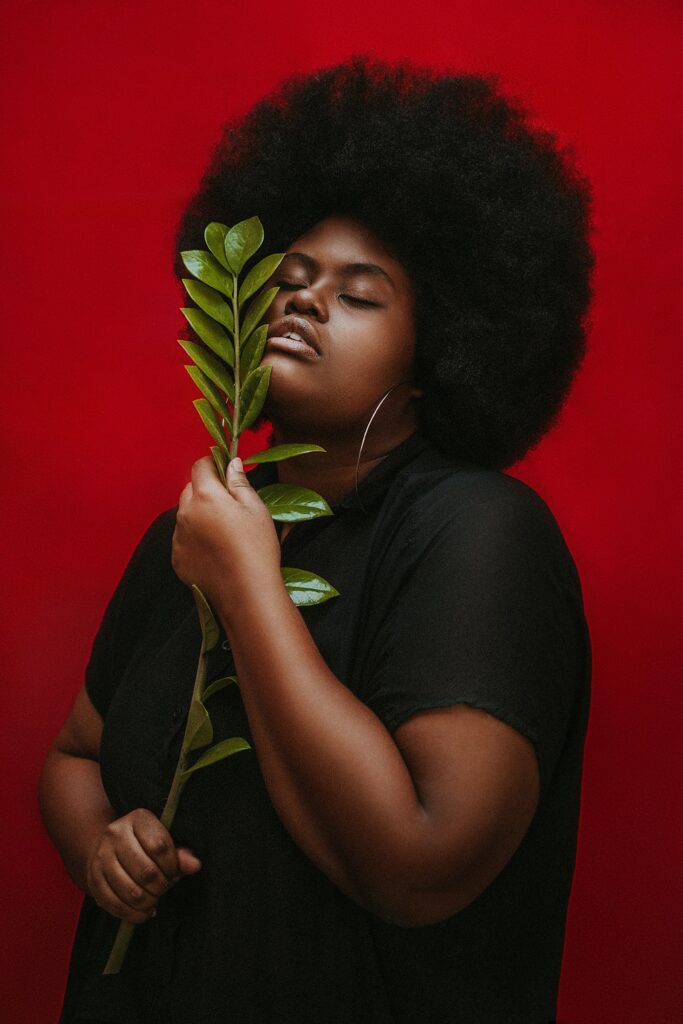By Priscilla Wiredu
Posted on June 28, 2022

Almost anyone who has gone to the salon has to deal with a lot of concerns: Is this stylist any good? Are they affordable? Will they be able to do the style I want?
How about asking yourself: Can they do my type of hair? Well, one would think of course they can do your hair, they are hair salons. Believe it or not, this is the issue Black people have to face every time they want to get their hair done. Systemic racism has seeped into Western ideals in the way that Black people are disproportionately underrepresented when it comes to dealing with Black hair.
Lack of education = lack of representation
Black hairstylists claim that they are usually swamped with Black customers because the majority of mainstream salons do not cater to kinky or curly hair. Black hairstylists claim that it all comes down to the lack of education.
Beauty schools’ admission requirements differ based on location, but you generally need a high school diploma or GED, and 9-12 months of studying in cosmetology school to earn an associates degree. Then you must get a hairdressing license followed by a hairstyling exam.
In cosmetology courses and curriculum, there is evidence of no exposure to textured hair. They focus on doing the bare minimum when it comes to doing hair, such as color theory, basic blowouts, and basic haircuts. Beauty salons pride themselves on the philosophy that the only good hair is straight hair, so all hair must be made straight.
This disparity then leaks into media and pop culture; from beauty school, it filters to salons, and photoshoots, and editorial sets. Before you know it, it infects advertising campaigns, TV shows, and red carpets.
Assimilation or segregation
Those with textured hair are aware that the ideology of straight hair being the only acceptablehair is rooted in the salon system. There is not enough being taught about kinky hair and there is an ingrained mentality to have more European styles. This is something that negatively impacts Black women, especially when they go to any salons for blowouts. These specific treatments do not adhere to all textures of hair and see kinky hair as something that needs to be “fixed.” That is their business model.
Black women have to make the terrible choice to either allow salons to change their hair and identity as they know it, or stick to at-home treatments to take care of their hair. This lack of care creates extra unnecessary labor for stylists who are experienced with textured hair. When a customer with textured hair walks in—anyone who has waves, curls, or coils—salons often look to their hairstylists of color, like African Americans or Latinas, to service these clients, and that’s where segregation begins.

Fight back for inclusion
The Beauty industry employs around 1.2 million people annually and they all must have formal training before practicing in the field. Beauty school is fast tracked, yet they are rather expensive when it comes to tuition costs. Despite taking in millions of dollars annually, there is no proper education when it comes to styling textured hair. As a way to make a profitable fight for inclusion, one Michigan resident decided to open a beauty school of her own.
Aisha Gatlin opened her beauty school in 2019 and offers a $15 000 program that trains students on textured hair, as well as nail and skin care. Gatlin also offers $2500 scholarships to help students with financial aid for future opportunities. Gatlin understood the frustrations of trying to find an inclusive hair salon, and made the decision to offer services as well as train those who are willing to style Black hair, getting her share of money that is spent in beauty schools.
Recently, Ontario’s Ziba Beauty Bar owner, Solange Ashoori, created a petition to have beauty schools mandate the teachings of styling textured hair. According to Ashoori, stylists-in-training are taught to relax hair with chemicals instead of dealing with natural curls. Those who are experts in Black hair are usually self-taught or went the extra mile to get supplemental training outside the Ministry of Training Colleges and Universities (and must pay out of pocket). Ashoori claims that an entire demographic of women are ignored or belittled in insidious ways for their natural hair, which is ridiculous. Curly and kinky hair is still hair; it deserves to be beautified and showcased.
Erasure of Black hair in beauty schools is glaringly evident and the demand for reform can no longer be overseen. Ashoori requested that the Ministry of Training Colleges and Universities introduce a mandate for Black and textured hair to be included. The petition is to get education to a level that fits everybody and makes the curriculum inclusive. Ashoori maintains that real change will require a complete overhaul of the hairstyling education system. To bolster her initiative, she is transforming her salon into a space for Black educators to develop classes for styling all hair textures.
For those who also want to help in this fight, remember the words of activist Rachel Cargle:
“I encourage you to take into deep consideration that your Black employees are working twice as hard (PERFECTING how to do Black hair as well as white hair) and your Black clients are getting half the service—sitting in your chairs worried that their stylist may not be equipped and then, in some instances like mine, we are walking out feeling completely exhausted regarding their hair plight.”
Priscilla Wiredu is a writer for this year’s Black Voice project. An alumni of York University, she graduated with Honors where she studied Social Sciences. She then went on to get an Ontario Graduate certificate in Creative Writing from the Humber School for Writers, and a college certificate in Legal Office Administration at Seneca College. She is currently studying for the LSAT in hopes of going to law school. Her main goal as a Black Voices writer is to ensure Black issues and Black Pride are enunciated through her works.

